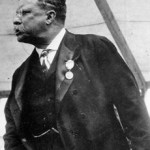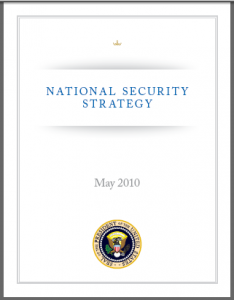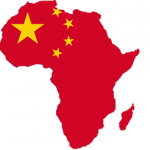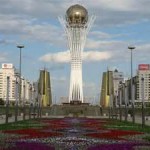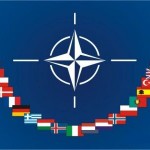What are the competing visions for a U.S. grand strategy, their objectives, premises and preferred instruments?
Robert J. Art lays out eight possible grand strategies for consideration: Dominion, Global Collective Security; Regional Collective Security; Cooperative Security; Containment; Isolationism; Offshore Balancing; and, Selective Engagement (2003, 82). These strategies are derived from national interests. I will tackle each strategy one-by-one and describe their objectives, premises and preferred instruments.
Dominion – The objective of dominion is imperial world dominance in that America acquires as much power for itself as it can, primarily through the instruments of military force and capabilities, and attempts to refashion the world in its image (Art 2003, 87-88). Art adds another view, Primacy, which is merely “superior influence” rather than total domination (2003, 90).
Christopher Layne essentially calls dominion and primacy by the term of “Preponderance,” and adds that the strategy seeks a “U.S.-led world order based on preeminent U.S. political, military and economic power, and on American values” (1997, 101). Layne explains that practicing extended deterrence and maximizing economic interdependence deal with threats to that order and will prevent the rise of a rival power (1997, 101). Read more


